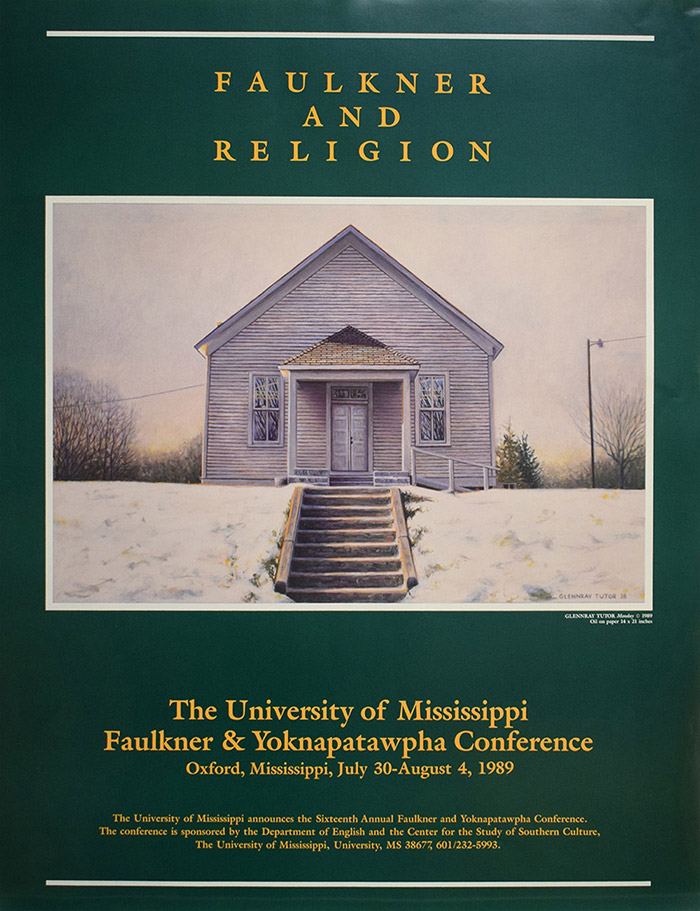
Gnosticism and Incarnation: World Rejection in Faulkner's Early Fiction
Location
Education Auditorium
Start Date
1-8-1989 8:00 PM
Description
I want to explore the varieties--but especially the difficulties--of incarnation in Faulkner’s work,particularly the work of the 1930s,by recalling the critical reaction to Faulkner’s early work as ’’nihilistic and willfully perverse. To do this I will make a brief excursus into (early) Christian thinking about the world as contrasted with the attitude manifested by Christianity’s chief early rival — Gnosticism. There are many similarities between the two position, but the salient difference here is the Christian acceptance of the world via the doctrine of the Incarnation and the Gnostic rejection of the world as creation of a Demiurge not the true God and hence to be rejected. My claim will not be that Faulkner was directly influenced by Gnosticism; but primarily through the great western myth of romantic but doomed love-~itself a ’’Christian heresy,” a strain of world-rejection made its way into his work. In particular I look at the rejection of incarnation (as expressed in the desire of the lovers for isolation, revulsion against the body, particularly women’s bodies, and rejection of children and the desire for death) in The Sound and the Fury, As I Lay Dying, Wild Palms, and Light in August. I end, however, by noting that each story of doomed lovers is counterbalanced by a story of world--affirmation or at least acceptance in the four novels, The question, is, toward which polarity-world-acceptance or world-rejection, incarnation or Gnosticism—does Faulkner’s work tend?
Relational Format
Conference Proceeding
Recommended Citation
King, Richard H., "Gnosticism and Incarnation: World Rejection in Faulkner's Early Fiction" (1989). Faulkner and Yoknapatawpha Conference. 14.
https://egrove.olemiss.edu/fy/1989/schedule/14
Gnosticism and Incarnation: World Rejection in Faulkner's Early Fiction
Education Auditorium
I want to explore the varieties--but especially the difficulties--of incarnation in Faulkner’s work,particularly the work of the 1930s,by recalling the critical reaction to Faulkner’s early work as ’’nihilistic and willfully perverse. To do this I will make a brief excursus into (early) Christian thinking about the world as contrasted with the attitude manifested by Christianity’s chief early rival — Gnosticism. There are many similarities between the two position, but the salient difference here is the Christian acceptance of the world via the doctrine of the Incarnation and the Gnostic rejection of the world as creation of a Demiurge not the true God and hence to be rejected. My claim will not be that Faulkner was directly influenced by Gnosticism; but primarily through the great western myth of romantic but doomed love-~itself a ’’Christian heresy,” a strain of world-rejection made its way into his work. In particular I look at the rejection of incarnation (as expressed in the desire of the lovers for isolation, revulsion against the body, particularly women’s bodies, and rejection of children and the desire for death) in The Sound and the Fury, As I Lay Dying, Wild Palms, and Light in August. I end, however, by noting that each story of doomed lovers is counterbalanced by a story of world--affirmation or at least acceptance in the four novels, The question, is, toward which polarity-world-acceptance or world-rejection, incarnation or Gnosticism—does Faulkner’s work tend?

